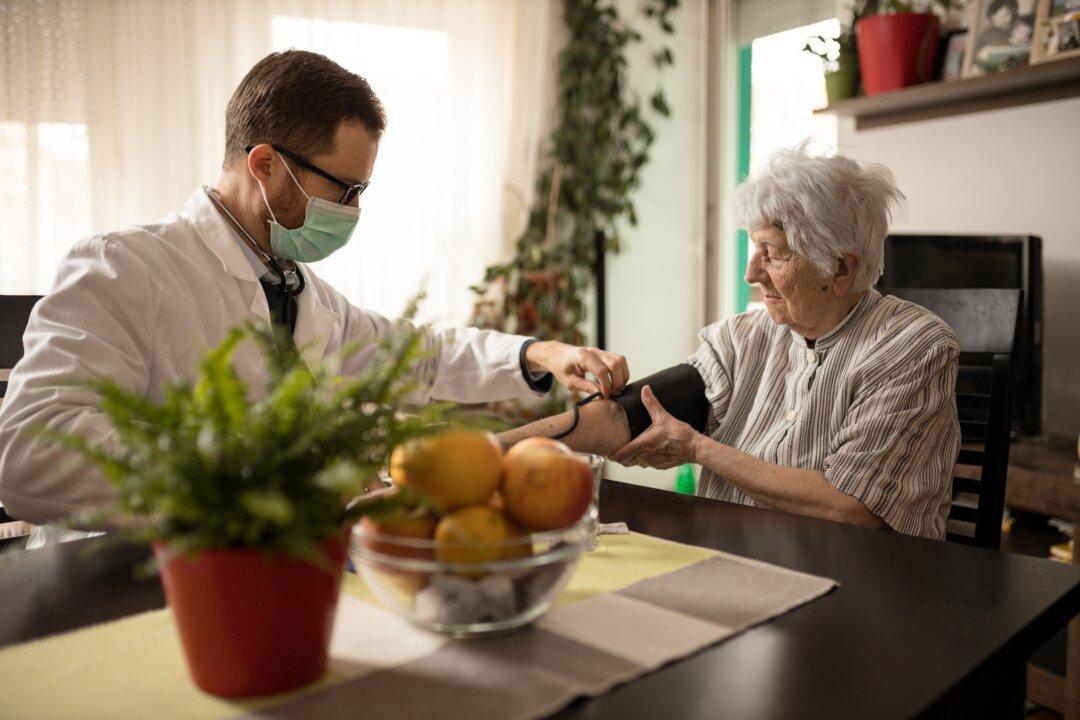The call was a strange one and I will never forget it. I was seeing patients and was interrupted by my nurse.
“The ER wants to talk with you, it’s an emergency.”

The call was a strange one and I will never forget it. I was seeing patients and was interrupted by my nurse.
“The ER wants to talk with you, it’s an emergency.”